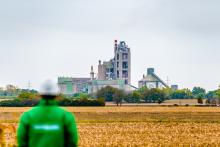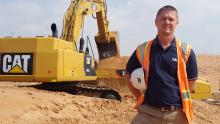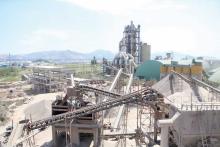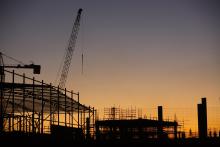The tax on cement in Morocco is handicapping the nation’s concrete producers and favours importation of concrete products over local production, according to the president of the Moroccan association for concrete industries (Amib), Azzeddine Abaakil.
Abaakil has also noted a decline in housing projects and the depletion of the public infrastructure order book. A decline in sales prices has also had an impact, he says, alongside an extension in payment delays and unpaid bills by building and public works companies, as well the state. Informal actors pose a problem, Abaakil claims, with, he adds, one in two of the 500 present in the precast concrete sector operating in such a fashion. Free of taxes, these firms create further price pressures. Abaakil blames the practices of certain clients and accused the state of blocking all creativity and innovation in terms of building. Concrete is still not widely used in building projects in Morocco, with a consumption rate of only 6% to 7%.
Meanwhile, cement sales in Morocco fell by 6% in November 2014 according to the Housing Ministry, continuing a period of declining sales after an increase in August 2014. The fall is said to be linked to seasonal factors relating to increased rainfall, as well as due to a lack of confidence within the construction industry.








